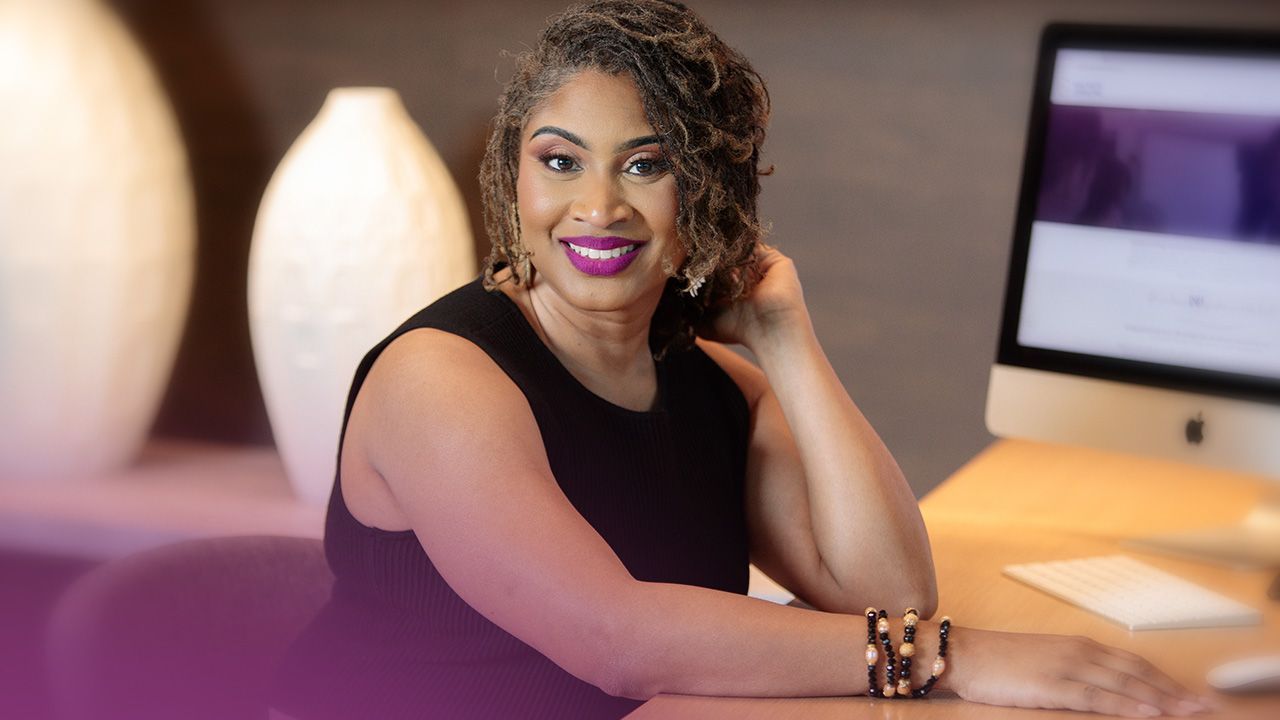A Lesson from Kiara Kabukuru
I as many others in our community had the distinct pleasure of hearing Kiara Kabukuru give the keynote address at the 10 th Annual Upstate Diversity Leadership Awards Dinner held on May 6 th . I was fortunate to have sat next to the supermodel during dinner where we engaged in what I thought was going to be small talk. Instead, she challenged me, inspired me, and left me wanting more one-on-one time with her. Ugandan-born, Kiara Kabukuru grew up in Los Angeles where at the age of seventeen her beauty and talent was discovered and her career flourished from there. Her professional modeling experience spans too many honorable distinctions to name, including appearing in some of the top campaigns to ever exist. What was most remarkable is Kiara’s story of resilience, which gives life to anyone fortunate enough to hear it. In 2000, Kiara was severely injured in an accident where she collided with an 18-wheeler while riding a bicycle. Although she fully recovered, that experience shaped what path she would take going forward and the perspectives she would commit herself to in spite of circumstances around her. The reflections she shared from the podium were compelling as she spoke of her family and lessons learned throughout her life. However, it’s what she said to me one-on-one that resonated so deeply leading me to write about it.
As Kiara’s bio was read and she heard herself being referred to as a “minority,” she immediately turned me to and said, “I don’t like that word, and I don’t understand why it was used in that way.” We engaged in dialogue a little further about her level of offense and she went on to explain that based upon sheer numbers of people of color in the modeling industry, she is indeed a part of an underrepresented group. However, more importantly to her, she’s considered a “minority” in her industry because she has accomplished success at levels that have rarely been achieved by others in the same discipline. The use of the word “minority” to describe Kiara had the potential to serve as a high form of compliment, but instead the emphasis on “minority” focused the context on the color of her skin.
This unintended consequence served as a turning point for me regarding how I view and use the word “minority.” I have allowed convenience to cloud my judgment when using the word. The assumption has been that everyone understands that “minority” refers to underrepresented group. The problem is the negative connotation associated with the word and the reminder for some that the term is perceived as “less than.” The word “minority” certainly has the ability to be degrading to the people it represents regardless of race. As America’s ethnic and racial make-up changes, so, too, should the words we use. Isn’t it about time for society to find a replacement to the word “minority?” I will certainly be more aware of how and when I use the term and encourage others to be vigilant in doing the same.















